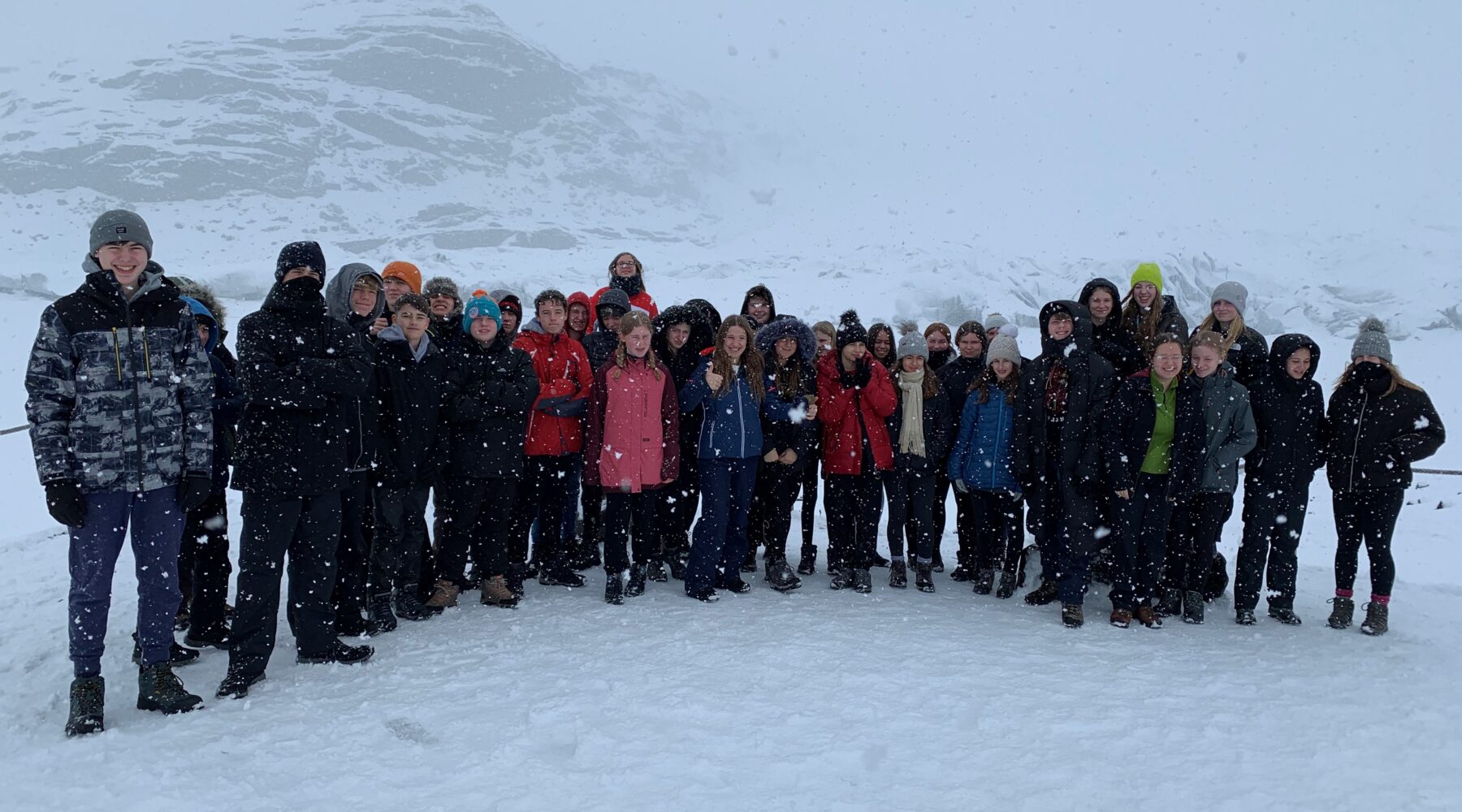
Geography at The Priory School looks at the key global issues that are having an impact today and which will affect all our futures. Throughout the Key Stages Geography helps provide students with a greater awareness of how we behave, emphasising the importance of the relationship between people in different countries, their impact on the environment and on each other. Geography develops a wide range of skills that employer’s value – it links the arts with the sciences. Fieldwork forms an integral part of the course.
Importantly, the Geography department helps students to develop key cross-curricular skills that helps improve student’s ability to decipher key exam rubric. Examples of these skills include: analytical skills, comparative writing, evaluation and persuasive writing.
Curriculum
Key Stage 3
Year 7
- Fantastic Places – Identifying key global human and physical landmarks and how we interact with them
- Tectonic Hazards– What are the causes of volcanoes and earthquakes? Why do people live in hazardous areas? Why do we live next to such hazards?
- Exploring Africa and Kenya – What are the key human and physical features of Africa? How sustainable is our activity in this vast continent?
- Key Geographical Skills – how to use resources effectively
Year 8
- Population Dynamics – Why is the population of the UK changing? What are the effects of migration? Why are population pyramids important for analysing future issues?
- Tropical Rainforests – What makes this environment so complex and finely balanced? What are humans doing to this environment? Are our actions sustainable?
- Exploring India and Asia – What are the key human and physical features of Asia? How sustainable is our activity in this vast continent?
- Weather and Climate – What causes our weather patterns in the UK? How does the weather affect us? Why is our climate changing? Are human actions sustainable?
- Migration – ‘Why do people move from one place to another?’. What are the impacts of migration to the origin and destination countries?’
Year 9
- Ghana versus Japan – What are the contrasting features of Japan and Ghana? What are the contrasting levels of development? What are the key challenges facing Japan and Ghana?
- Geography Futures – Nike – the right choice? Global warming – the causes, effects and solutions. Atmospheric hazards?
- Glaciation- How do glaciers shape our land? What causes the Ice age and what different landforms have been formed? How do humans interact with this landscape?
- Atmospheric Hazards – How do hurricanes and droughts affect countries at different levels of development? How can we manage these hazards in a sustainable manner?
- Superpowers – ‘Geopolitics of Asia including a study of N Korea, China and Russia’
Key Stage 4
GCSE Geography
Our students will be studying the AQA Geography syllabus. In this two year linear course, 3 terminally assessed units are taken. The terminal examination is broken down as follows,
- Paper 1: Living with the physical environment (35%)
- Paper 2: Challenges in the Human environment (35%)
- Paper 3: Geographical applications (30%)
Topics studied include:
- Living with the physical environment – hazards, ecosystems, rivers, coasts.
- Challenges in the human environment – sustainable urban futures, closing the development gap, overview of the resources in the UK.
- Geographical applications – includes an issue evaluation where questions are set from pre-released resources, and field work enquiries. For this paper, students will be required to complete two fieldwork enquiries in contrasting environments, physical and human geography
Key Stage 5
At Key Stage 5 we follow the AQA geography syllabus which is a two year linear course. Students will study three core themes which are made up of one physical and 2 human. Topics studied include, carbon and water cycles, global systems and governance and changing places. Options include contemporary urban environments, coasts and hazards. Students will also be required to produce a piece of fieldwork and in order to complete this there will be is a residential trip.
Enrichment
There are a number of opportunities for field trips from KS3 to KS5. In Year 9 there is a day trip to Hunstanton where students begin to practice key fieldwork techniques. They carry out an investigation on sea defences as well as impacts of tourism. In Year 10 there is a fieldwork trip which is part of the compulsory element of the GCSE. Sorrento and Iceland are two residential trips which take place alternate years. Years 10, 11, 12 and 13 are invited to Iceland and Year 9 and 10 are invited to Sorrento. Year 12 carry out a four day compulsory trip to Devon as part of their A Level course.
Careers
There are many options and potential careers for people with Geography qualifications. Geography teaches students a wide-range of useful skills for the marketplace and employers value the wide-ranging computer, research, and analytical skills that students bring to work as employees.
While there aren’t many “Geographer” job titles, there are many types of positions that fit well with a qualification in Geography, including Urban Planning, Climatology, Environmental Management, Travel and the Finance sector.
Staff
- Mrs Mouri Hall – Head of Geography and Teacher of Criminology
- Mrs Nicola Moran – Teacher of Geography; Head of Business
- Miss Laura Robinson – Teacher of Geography; Assistant Head of Year 9
- Mrs Lisa Smith – Teacher of Geography
- Miss Lisa Coulson – Teacher of Geography
Links
- BBC Bitesize – http://www.bbc.co.uk/schools/gcsebitesize/geography
- AQA GCSE – http://www.aqa.org.uk/subjects/geography
- CIA World Factbook – https://www.cia.gov/library/publications/the-world-factbook
